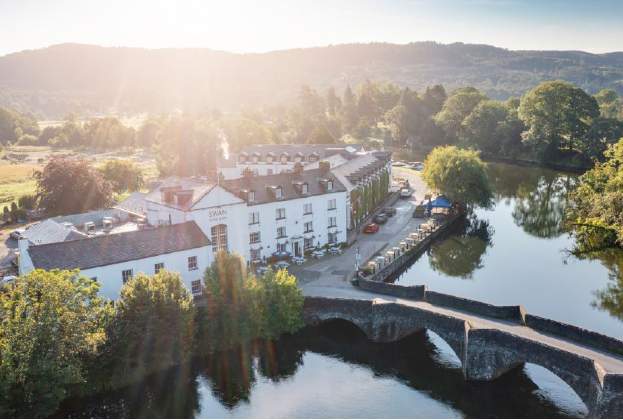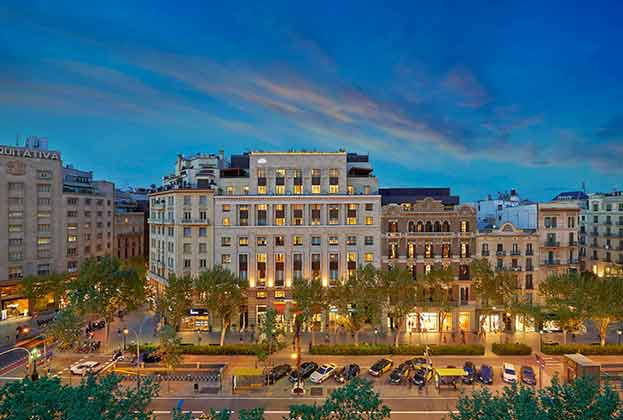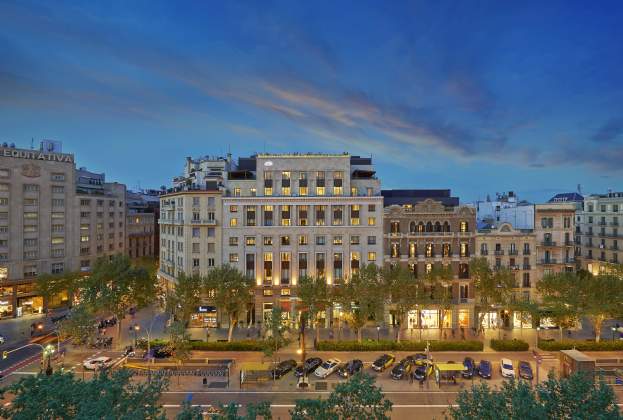Over the last few years the UK real estate market has faced a number of headwinds, some of which are Brexit related, but there have also been structural shifts in consumer behaviour and the use of technology that have also come into play. Despite this, investment into UK hotels remains buoyant at £6.6 billion in 2018, up 25 per cent on 2017, and the positive implications for hotels have largely fallen under the radar.
As consumers we are spending more of our money and time on activities and experiences, including going on holiday. This is illustrated in household expenditure in the UK, with spend on holiday accommodation having increased 29.9 per cent in real terms between 2009 and 2017, whereas total household spend declined 5.8 per cent.
While travelling abroad is a key part of this, it is ‘staycation’ accommodation spend that has seen the most significant increase having expanded by 52.4 per cent With millennials and Gen-Z consumers placing more onus on ‘experiences’, this is a trend that is likely to pick up pace and is also being seen across Europe.
Whether the UK is in the European Union or not will have little impact on the attraction of its tourist markets to international visitors. Indeed, the expanding middle class in Asia Pacific countries and India will no doubt lead to increasing tourist arrivals from these markets in the coming years with total international arrivals to the UK forecast to increase 12.1 per cent to 44.2 million by 2030.
Resilience is also apparent in investment performance. According to MSCI, on a total returns basis, hotels have outperformed all UK property over the last 15 years with average annual returns of 9.9 per cent per annum against 7.6 per cent for all UK property. This outperformance has widened over the last three years.
UK hotels also fared better during the global financial crisis (GFC) with capital values falling 25.8 per cent, almost half that seen across the wider property market. While liquidity was stifled to a far greater extent, the activity bounce since the GFC low has been far more pronounced, highlighting hotels' emergence as a mainstream asset class. For example, deal count in 2018 was 128.7 per cent above its previous peak in 2006.
Based on the fundamentals, hotels look to be well placed to weather any Brexit-related storm. A view already adopted by overseas investors who increased acquisition activity in 2018 with volumes up 22.5 per cent on 2017 reaching £3.4 billion – its second highest annual figure after the 2015 peak of £4.3 billion.
However, the sector does have its own unique headwinds at a submarket and geographical level. These include the development pipeline, corporate demand volatility, staffing costs and shifting guest preferences. Nevertheless, if past performance is anything to go by, it will continue to prove attractive to investors whatever Brexit may throw at the UK, not least assisted by flexible structuring options.
Further information



.jpg)
.jpg)





